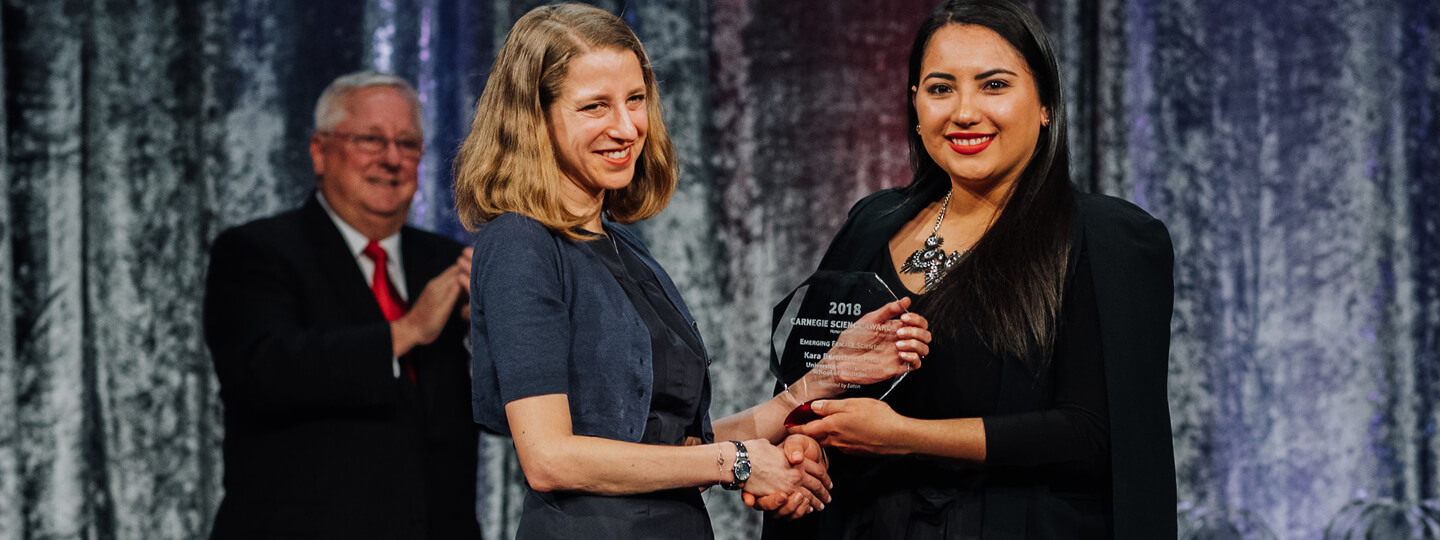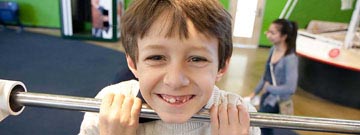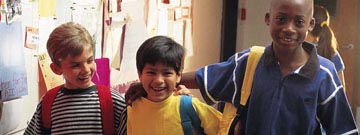- Sat., May 18 close at 3pm for a concert at Heinz Field.
Carnegie Science Awards
Premier Sponsor: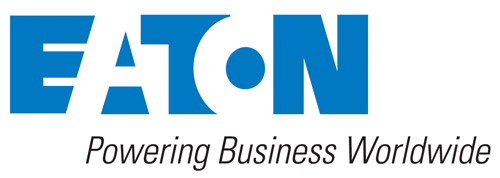
2019 Carnegie Science Award Winners
Established in 1997, Carnegie Science Awards have honored the accomplishments of nearly 600 individuals and organizations ![]() whose contributions in the fields of science, technology, and education significantly benefit Western Pennsylvania and inspire the next generation.
whose contributions in the fields of science, technology, and education significantly benefit Western Pennsylvania and inspire the next generation.
Chairman’s Award
Remake Learning
Presented by Eaton
By cultivating an expansive network of members that create future-ready, engaging, and equitable learning experiences for children and educators, Remake Learning has changed the way that education does business in the greater Pittsburgh region. Twelve years ago, the founding members recognized that youth in the digital age were pursuing knowledge differently, particularly when learning about science, technology, engineering, and math. They identified the need to help educators connect with their students through engaging learning opportunities – both in and out of the classroom – that equip them with the relevant knowledge and skills required in today’s world. The formation of the Remake Learning Council brought together leading executives and learning scientists in business, higher education, public education, civic and cultural organizations, foundations, and government to strategically support the region’s efforts to remake learning in all the places where children and youth learn. As a leader in the Pittsburgh Regional STE(A)M Ecosystem, Remake Learning is at the center of a cross-sector collaboration to develop a regional vision, goals, and metrics for continuous improvement of STEM and STEAM learning opportunities, especially in under-served communities.
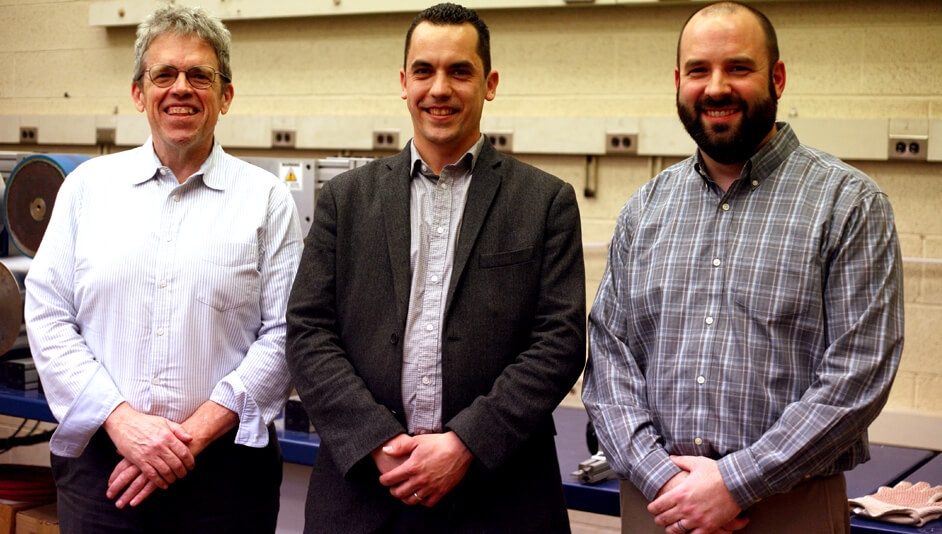
Advanced Manufacturing and Materials
Permeability Engineering Through Strain Annealing Team
National Energy Technology Laboratory
Presented by Kennametal Inc.
This collaborative team from the National Energy Technology Laboratory, Carnegie Mellon University, and NASA’s Glenn Research Center developed an innovative technique that will improve the performance of electronics in a range of industries. The team’s experience, expertise, and partnerships resulted in the development of permeability engineering through a strain anneal manufacturing process that creates electromagnetic cores of unique capability. The marketplace-ready technology will increase the reliability of electricity while reducing costs and is expected to reduce the environmental footprint of electric operations in the aerospace, aviation, automobile, and military sectors.
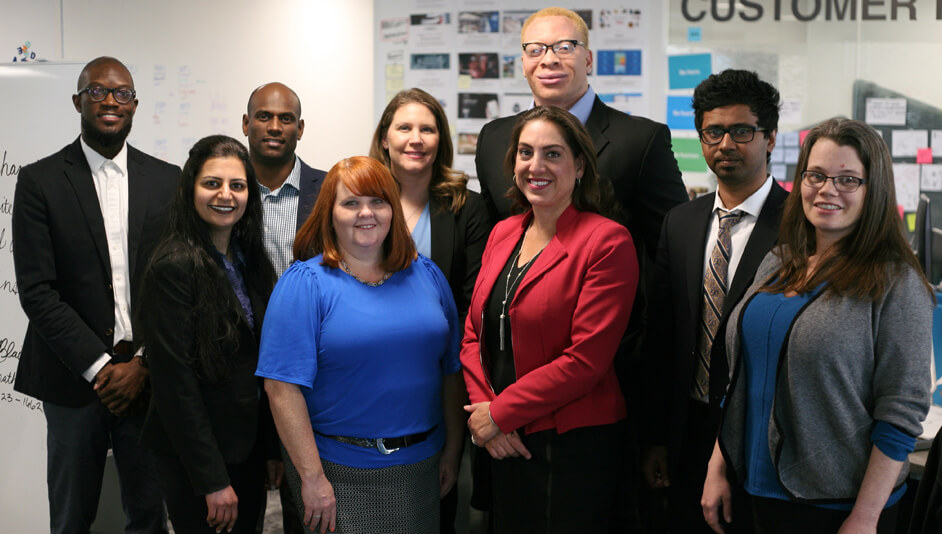
Corporate Innovation
Highmark Health’s VITAL Innovation Platform
Presented by Eaton
Unless accelerated, important new FDA-approved health care innovations can idle, awaiting the evidence needed to gain adoption and marketplace access that can change the course of a patient’s diagnosis, or life. VITAL is the solution: a robust test-and-learn platform that can help propel new health solutions into the marketplace by providing the ideal environment for producing evidence. The unique VITAL Innovation Platform leverages Highmark Health’s position as the nation’s second largest integrated delivery and financing system. VITAL facilitates real-world testing of early-stage health innovations, producing evidence related to patient experience, and care and cost outcomes. This evidence may accelerate an innovation’s coverage and utilization by health plans and care delivery systems, fast-tracking the solution to patients and supporting swifter marketplace adoption.
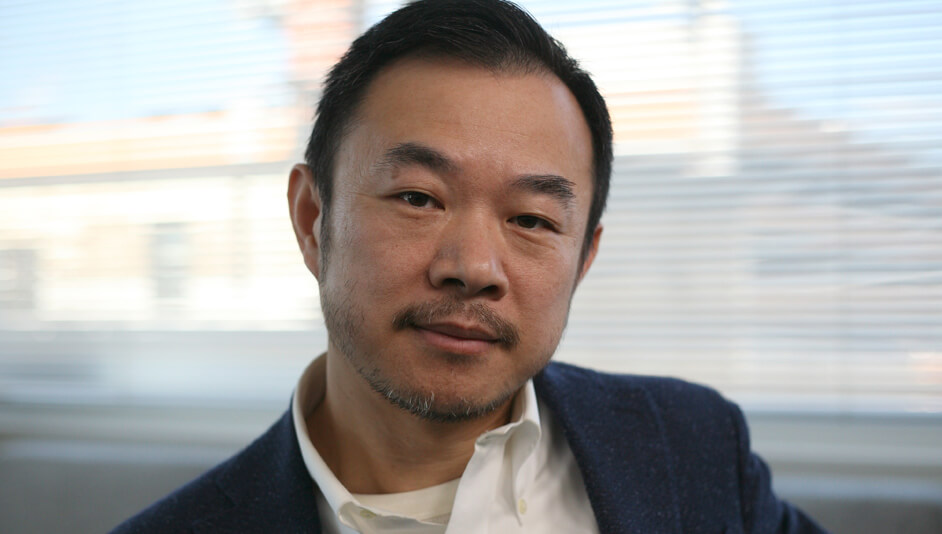
Start-Up Entrepreneur
Eric Xing
Founder, CEO, Chief Scientist, Petuum
Presented by Pittsburgh Technology Council
Petuum Founder, CEO, and Chief Scientist Eric Xing is a thought and innovation leader whose pioneering research is the foundation for numerous techniques used in machine learning and artificial intelligence (AI). Petuum provides an AI software platform that helps organizations design and operate custom vertical AI solutions for a wide range of industries, from healthcare and industrial manufacturing to financial services and telecommunications. The platform helps customers easily understand and leverage AI to gain deep insight for better decision-making and improved productivity and efficiency. Under his leadership, Petuum has raised $108 million in less than two years to excel AI into the mainstream.
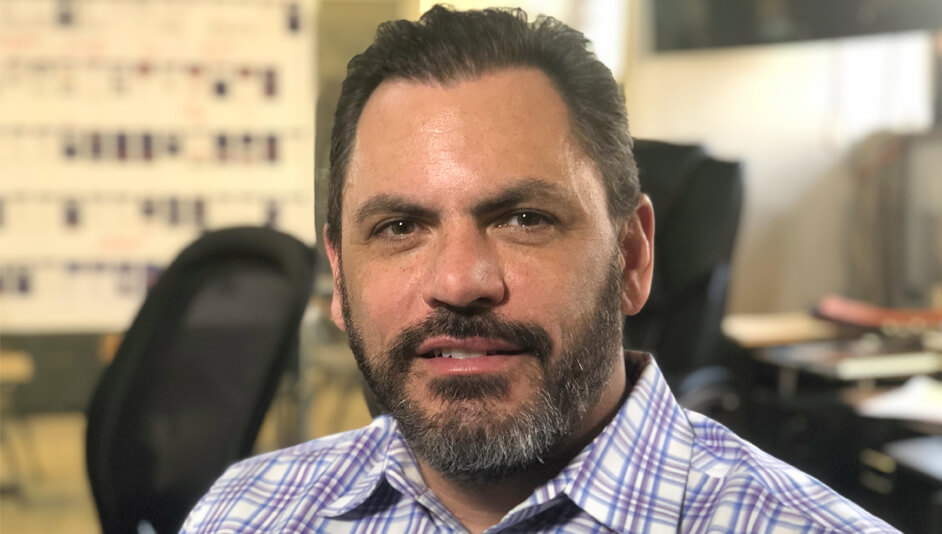
Entrepreneur
Jason Wolfe
CEO, Wolfe, LLC
Presented by Braskem
Jason Wolfe is a passionate entrepreneur who has invested in Pittsburgh’s business and technology sector since 1995 with the launch of his first online coupon site. Since then, he has served as the founder and CEO of several companies, including GiftCards.com, the largest online retailer of gift cards, which was sold in 2016 to Blackhawk Network Holdings for $120 million. Recently, Jason has been focusing on Gift Card Granny, an online discount gift card retailer, and GiftYa, a platform that allows consumers to deliver and redeem electronic gift cards and eliminate the need for plastic cards.
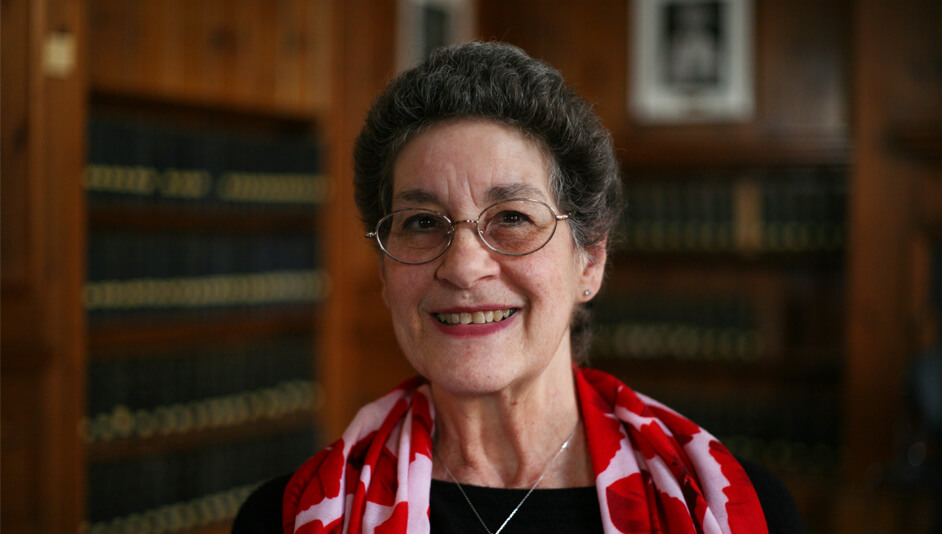
Environmental
Patricia M. DeMarco, PhD
Council Member, Borough of Forest Hills
Presented by ALCOSAN
As a professor, mentor, author, radio host, and more, Patricia M. DeMarco, PhD, has established herself as a passionate environmental leader in the Pittsburgh region and beyond. After her election to the Forest Hills Borough Council in 2016, Dr. DeMarco conducted a lifecycle cost analysis for a solar photovoltaic system to be included in the design of the new borough building. The construction of the passive solar design building has a geothermal heating and cooling system with an average annual net zero energy performance. As part of the Borough commitment to environmental quality she re-established the borough’s Environmental Advisory Council, which has offered public awareness programs on recycling, plastics, and energy efficiency as well as a community clean-up.

Information Technology
412 Food Rescue
Presented by Pittsburgh Business Times
Created in response to the fact that 40% of the food supply in the United States goes to waste while one in seven people are hungry, 412 Food Rescue is the fastest-growing food recovery organization in the country. Founded in 2015 by CEO Leah Lizarondo, 412 Food Rescue’s innovative platform connects food donors with nonprofits that serve populations in poverty. The Food Rescue Hero app mobilizes a network of volunteer drivers to transport the food from donor restaurants, grocery stores, and farms to nonprofits in need of fresh food. In 2018, the program expanded to San Francisco, Cleveland, and Philadelphia, and has a goal to be in 20 cities by 2020.
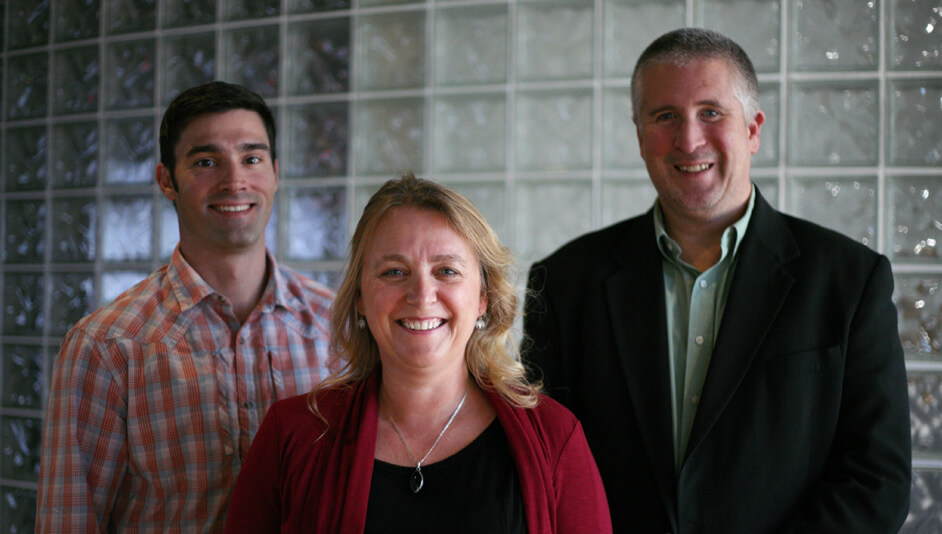
Innovation in Energy
Presented by Duquesne Light Company
Global Oil and Gas Infrastructure Team
National Energy Technology Laboratory
Global Oil and Gas Infrastructure (GOGI) is the first open-source database of oil and natural gas infrastructure information that offers insights on each country’s hydrocarbon footprint. This groundbreaking achievement provides an invaluable technological tool for predicting and assessing global methane emissions risks, providing a big-data platform to assess local hydrocarbon infrastructure needs, identifying information gaps, evaluating economic costs, and supporting a range of critical decision-making needs. Research teams from all over the world can access authoritative information needed to make critical decisions when developing oil and gas infrastructure and take energy-saving action to reduce methane leaks.
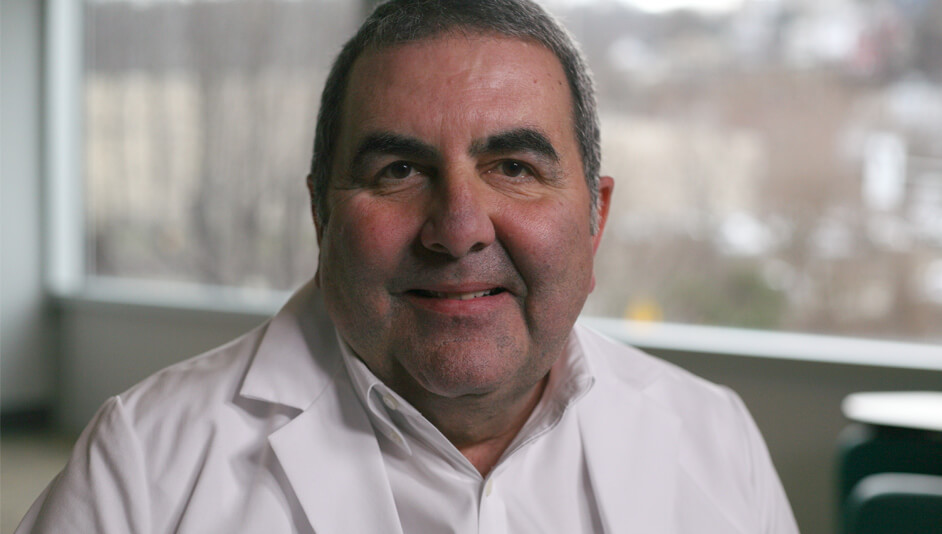
Life Sciences
Dr. William J. Federspiel
William Kepler Whiteford Professor in Department of Bioengineering,
University of Pittsburgh
Dr. William J. Federspiel is an internationally recognized pioneer, innovator, and technical expert in the medical devices arena. His research has led to the design and development of novel artificial lung devices, membrane and particle-based blood purification devices, and oxygen depletion devices for blood storage systems. His success lies in his commitment to ensure that each project begins with and is supported by a strong foundation in life science and engineering. His contributions have strengthened Pittsburgh’s stance as a hub for medical device development and manufacturing, and his work has led to the formation of new companies that provide more than 50 high-tech jobs to the Western Pennsylvania region.
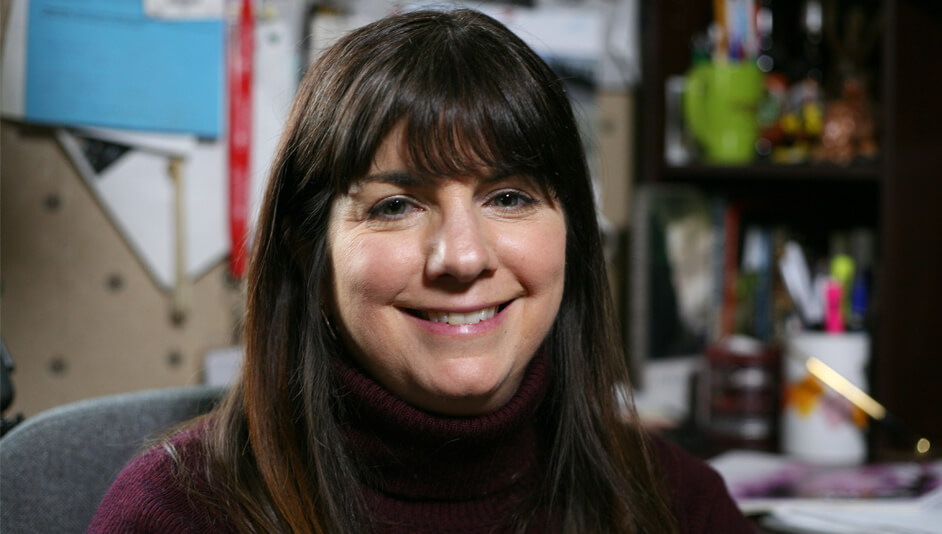
Science Communicator
Niki Kapsambelis
Journalist and Author, Simon & Schuster
Presented by WTAE, Channel 4
Niki Kapsambelis’ book, The Inheritance: A Family on the Front Line of the Battle Against Alzheimer’s Disease, deconstructs the history and current state of research on Alzheimer’s disease through the lens of a North Dakota family and the Pittsburgh doctors who helped them. As a work of journalism, the book’s transparency allows readers to connect to the stories of ordinary people whose medical struggles and achievements are happening all around us. Kirkus Reviews named The Inheritance one of the Best Nonfiction Books of 2017, and negotiations for movie rights are currently underway. Through her writing and national speaking engagements, she has worked to correct the myths and reduce the stigma surrounding Alzheimer’s disease.
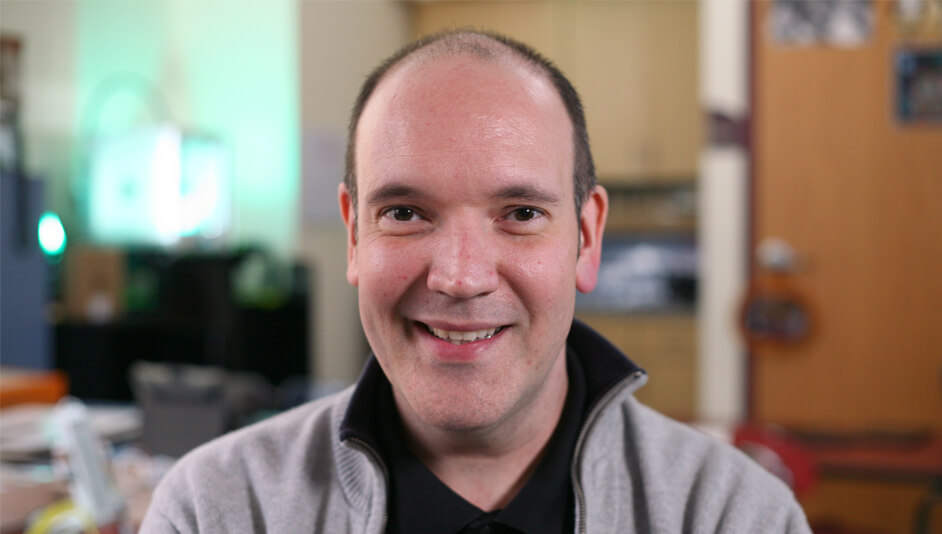
Elementary Educator
Jeffrey Patrick
STEM Integration Teacher, Propel Schools Homestead
Jeffrey Patrick brings science, engineering, and computer science to life for elementary students through inquiry and project-based learning. He teaches coding to students as early as kindergarten, and devises fun and exciting projects for students that focus on helping others and solving problems. One such project started with teaching students how to produce music and learn professional DJ skills through the School of Beats curriculum and Traktor Scratch Pro. The students then taught the public how to DJ at Maker Faire Pittsburgh. Mr. Patrick played a lead role in getting his school certified in digital citizenship and is a Keystone Technology Innovator STAR who has presented on digital connections for humanities classrooms.
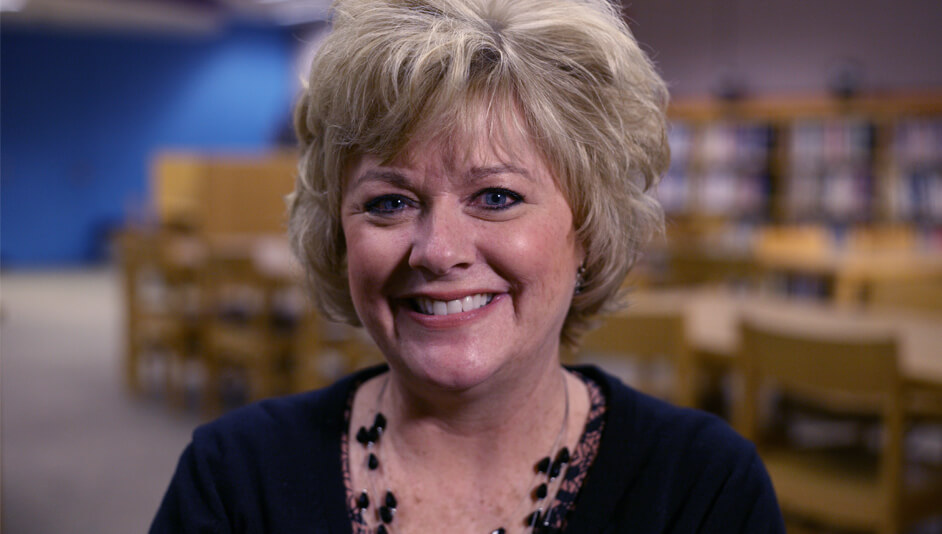
Middle Level Educator
Deborah Reynolds, MEd
STEM Integration Specialist, Baldwin-Whitehall School District
As the STEM specialist educator at J.E. Harrison Middle School, Debbie Reynolds works with her fellow teachers to integrate STEM into every classroom. In addition to helping author the curriculum for the eighth grade STEM class, she has been transforming the school library into a makerspace to provide students with a place to build on collaboration, problem-solving, and communications skills. Mrs. Reynolds is always looking for ways to inspire students with STEM beyond the classroom and encourages students’ participation in numerous STEM competitions, science fairs, and other project-based learning opportunities. Recognized for her leadership in STEM education, she has led numerous presentations and workshops across the country and taught a month-long STEM camp in China last summer.
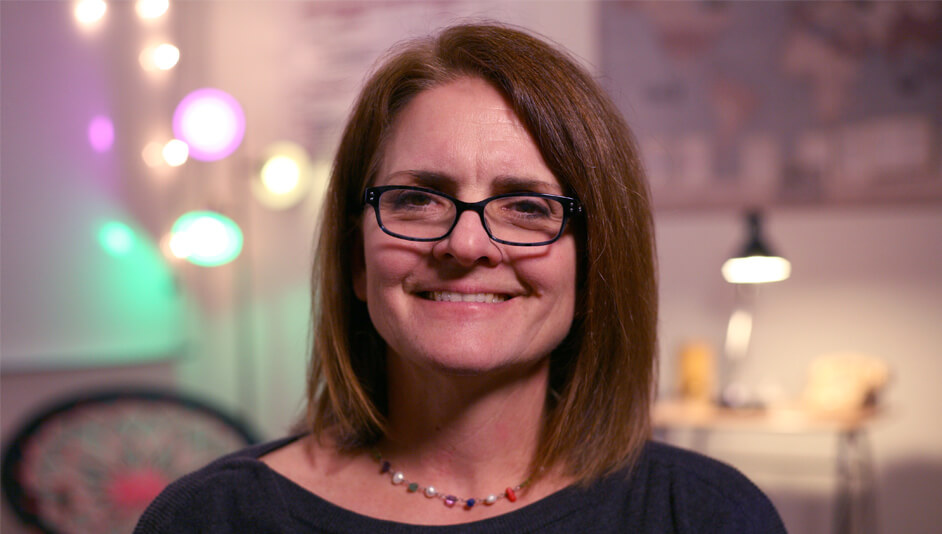
High School Educator
Stephanie Reilly
Online Learning Coordinator, Fox Chapel Area School District
Presented by FedEx
Stephanie Reilly has worked tirelessly to integrate STEM technology into her classroom and school, bringing innovation to her students and fellow educators through classes, camps, and other programs. As a former engineer, she is a mentor for students whose race or gender are underrepresented in STEM industries and inspires them to have the confidence and perseverance to pursue the opportunities she knows they deserve. She established an annual STEAM Playground at Plum High School, where students show community members how to operate drones, build robots, code animations, and more. She also organizes STEAM camps for teachers and girls in grades 5-8 during the summer to inspire them to use technology creatively. Stephanie is now the Online Learning Coordinator for Fox Chapel Area School District, where she continues to work with students to achieve their educational goals.
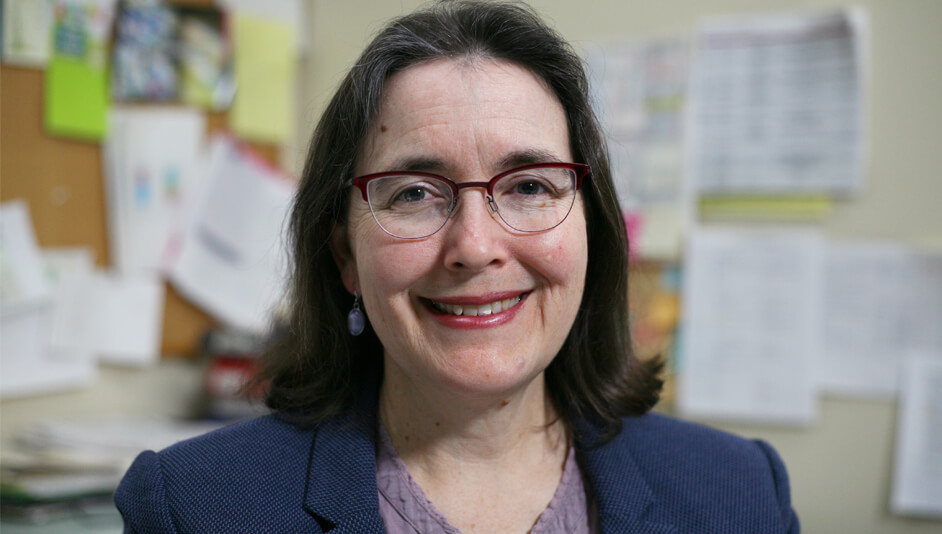
Postsecondary Educator
Sarah K. Woodley, PhD
Associate Professor of Biological Sciences, Duquesne University
Dr. Sarah K. Woodley is a passionate educator whose work impacts students from middle school through graduate school. She established a program at Duquesne University called CIRCLE, where undergraduate students create peer-reviewed lesson plans for visits to the Center of Life organization, where they share enriching science activities with middle school-aged children. She also provides hands-on lab experience for local high school students who are mentored by undergraduate biology students. In addition to her research on vertebrate physiology and behavior, Dr. Woodley conducts research on classroom learning that has led to engaging teaching strategies that are widely recognized by her peers and colleagues.
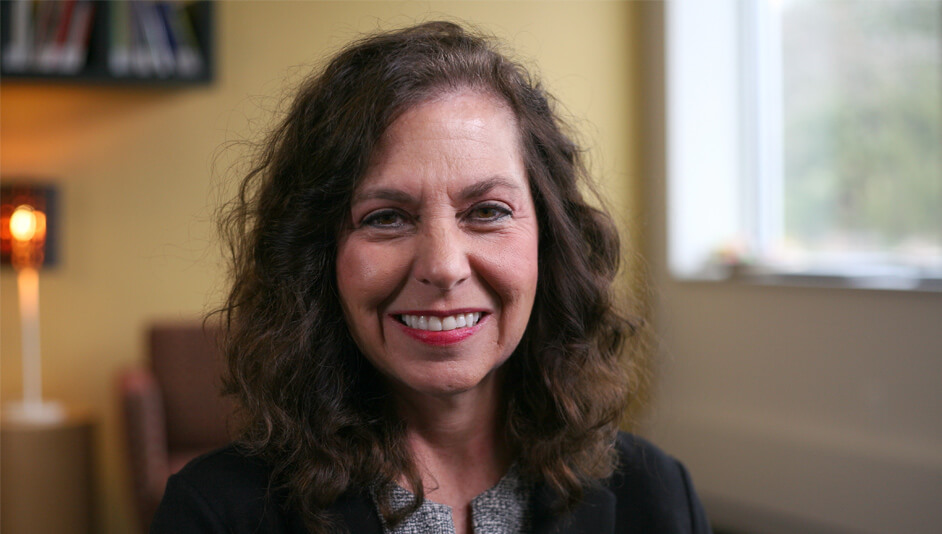
Leadership in STEM Education
Community College of Beaver County High School Academies
The High School Academy at the Community College of Beaver County is a nationally recognized dual enrollment program that places high school students on guided pathways to high-demand STEM career fields. First launched in 2015, the program educates students from 57 school districts in Western Pennsylvania in four areas of study: Aviation, Health, STEM, and Criminal Justice. High school juniors and seniors in the program receive hands-on instruction from college faculty in labs and classroom environments while acquiring critical thinking and problem-solving skills. Through partnerships with more than 600 four-year college programs, many academy graduates go on to complete a bachelor’s degree in three years or less.
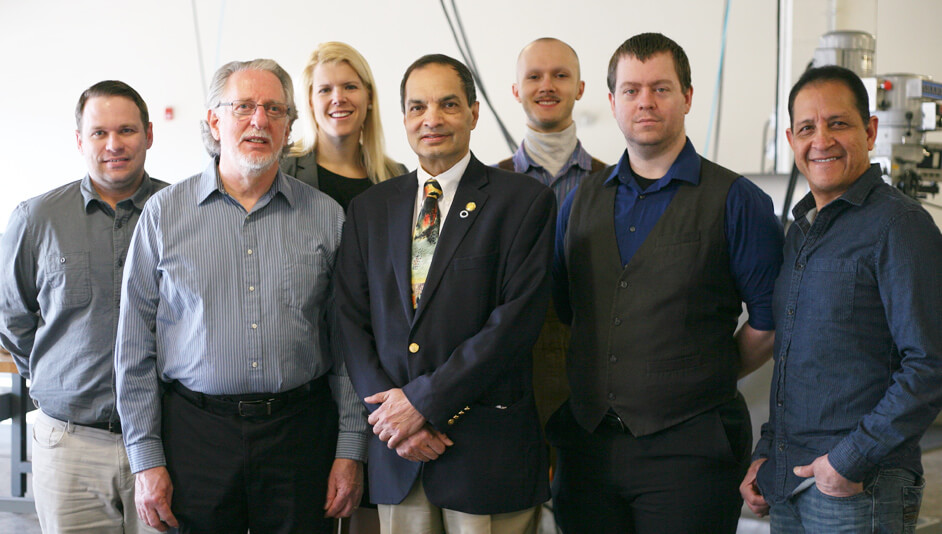
Leadership in Career and Technical Education
University of Pittsburgh Manufacturing Assistance Center
Presented by PPG
Since 1994, the University of Pittsburgh Manufacturing Assistance Center (MAC) has connected thousands of people with meaningful careers in manufacturing. The programs at MAC are accelerated and often available at no cost to the students, so unemployed and underemployed individuals can be connected to a job and a living wage in as little as six weeks. In addition, MAC has strengthened career pathways for high school students across Southwestern Pennsylvania by offering certification opportunities to partnering high schools and career and technical centers. With the opening of the MAC Makerspace in 2018, MAC has provided a place for future manufacturers to engage with technological tools and resources that would otherwise be inaccessible to them.

College/University Student
Harold Rickenbacker
University of Pittsburgh
While pursuing his Ph.D. at the University of Pittsburgh, Harold has integrated engineering and environmental justice with community-based organizations to address the pressing issue of indoor and ambient air quality in under-served Pittsburgh neighborhoods. Through an initiative in Pittsburgh’s East End called the Environmental Justice Community Alert Matrix, Harold led trainings to provide over 200 residents with the technical knowledge to identify environmental concerns within their homes, while detailing the importance of addressing environmental sustainability at the nexus of water use, energy consumption, and air pollution. Harold is committed to paying it forward, and his efforts are improving the health and quality of life of the communities he works with for years to come.
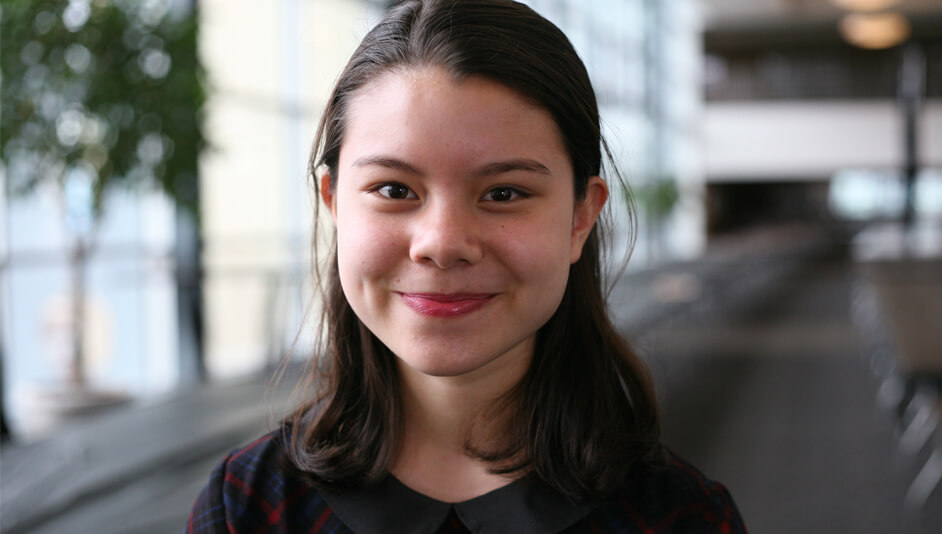
Senior Division Student
Eleanor Barth-Wu
The Ellis School
Presented by Highmark Blue Cross Blue Shield
Eleanor Barth-Wu, a ninth-grade student at The Ellis School in Pittsburgh, investigated the health risks of electronic cigarettes for her Covestro Pittsburgh Regional Science & Engineering Fair project. After learning that oxidized propylene glycol, one of the main ingredients in e-liquids, results in the formation of formaldehyde, she simulated e-liquid aging to determine how much oxidation affects the presence of formaldehyde in e-liquid aerosol. Eleanor found that heating e-liquid does produce formaldehyde, and that longer heating times produce a higher concentration of formaldehyde. Her project, “Formaldehyde Production During E-Liquid Degradation,” won first place in Senior Division Chemistry.

Intermediate Division Student
Olina Mukherjee
Kentucky Avenue School
Presented by NOVA Chemicals
Inspired by her project in last year’s Covestro Pittsburgh Regional Science and Engineering Fair (PRSEF), Olina Mukherjee designed an automated program that could detect the presence or absence of cockroaches in 24,000 images. The program uses a subset of training images to determine the threshold difference needed to detect cockroach presence. Using a Structural Similarity Index to eliminate images without cockroaches, the program improves the accuracy of observation-based experiments involving the analysis of large image datasets. Olina, a seventh-grade student at Kentucky Avenue School in Pittsburgh, received first place in Intermediate Division Computer Science and Math for her PRSEF project, “Automating Computational Image Analysis for Biological Experiments.”
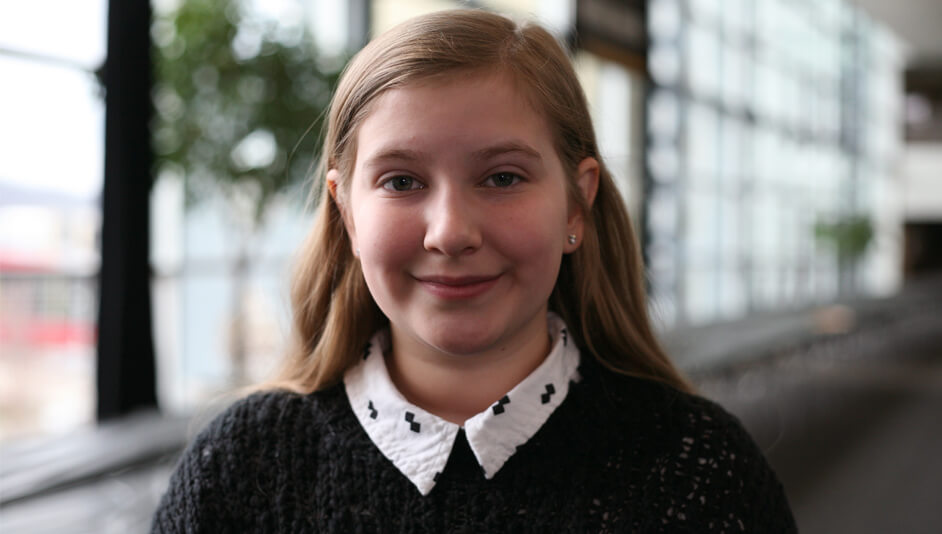
Junior Division Student
Summer Hartman
Baden Academy Charter School
Concern over a potential new ethane pipeline near her home prompted Summer Hartman, a sixth-grader at Baden Academy Charter School in Beaver County, to investigate the environmental impact of using sodium bentonite clay for pipeline drilling. Her Covestro Pittsburgh Regional Science and Engineering Fair project hypothesized that the clay would cause a significant drop in the mobility and vitality of daphnia magna, a small planktonic crustacean. After testing various amounts of sodium bentonite clay in water containing daphnia magna, she found that more daphnia were nonviable the more the substance was added, leading her to believe that it is dangerous. “Effects of Bentonite Clay on Daphnia” received first place in Junior Division Biological Sciences.


